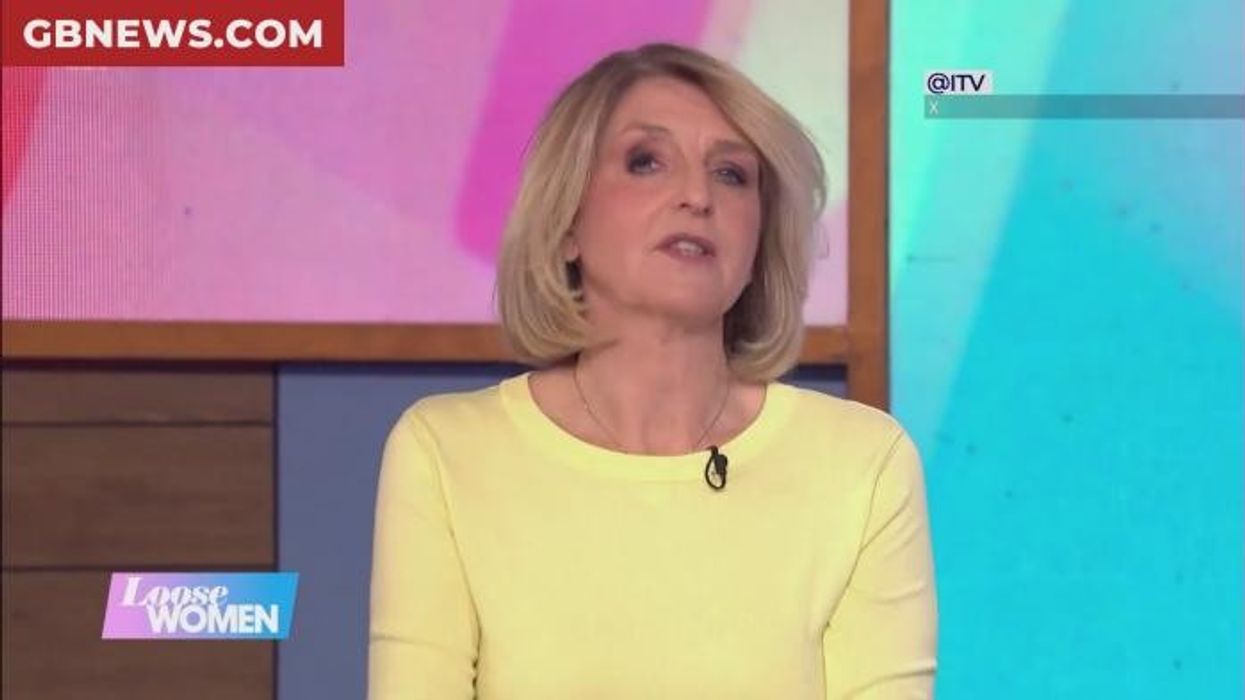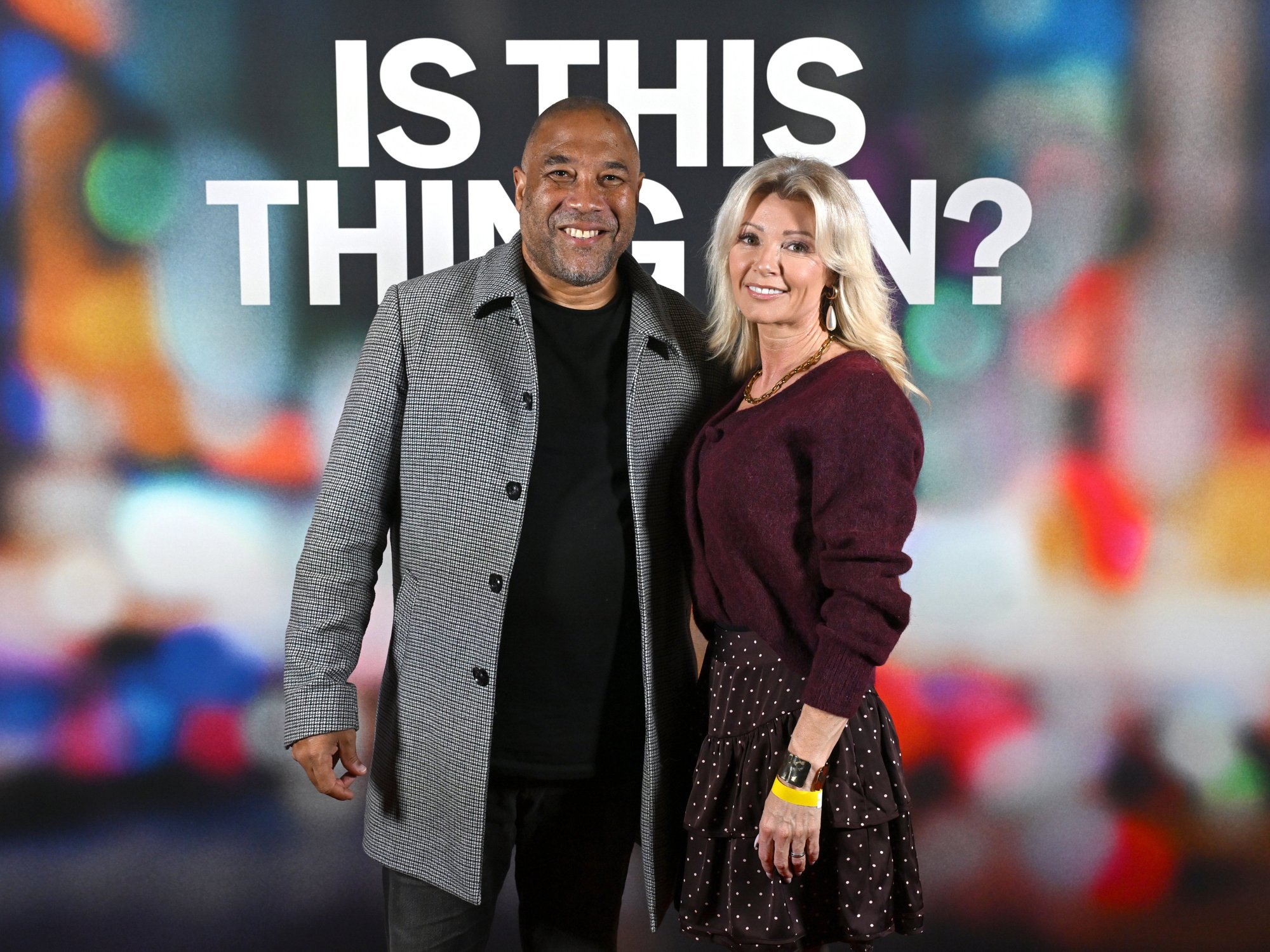Jane Moore, 63, fumes at 'casual misogyny' as she breaks silence on reaction to ITV Loose Women cuts: 'Pollutes public discourse'

The Loose Women panellist has made her feelings on ITV's decision very clear
Don't Miss
Most Read
Jane Moore has become the first Loose Women presenter to respond to ITV's announcement of major daytime cuts publicly, defending the programme against critics and suggesting criticism of the all-female show is a product of "casual misogyny".
The ITV daytime series will be reduced to just 30 weeks per year from 2026 as part of sweeping schedule changes announced last week.
Moore took aim at those who dismiss the long-running show, describing negative feedback as stemming from "casual misogyny" that pollutes public discourse. She particularly criticised one male commentator who casually dismissed Loose Women as a "gabfest" despite its 25-year run.
The journalist highlighted the programme's serious political interviews and coverage of important topics, rejecting suggestions that the all-female panel simply gossip "over the garden wall after pegging out our washing".
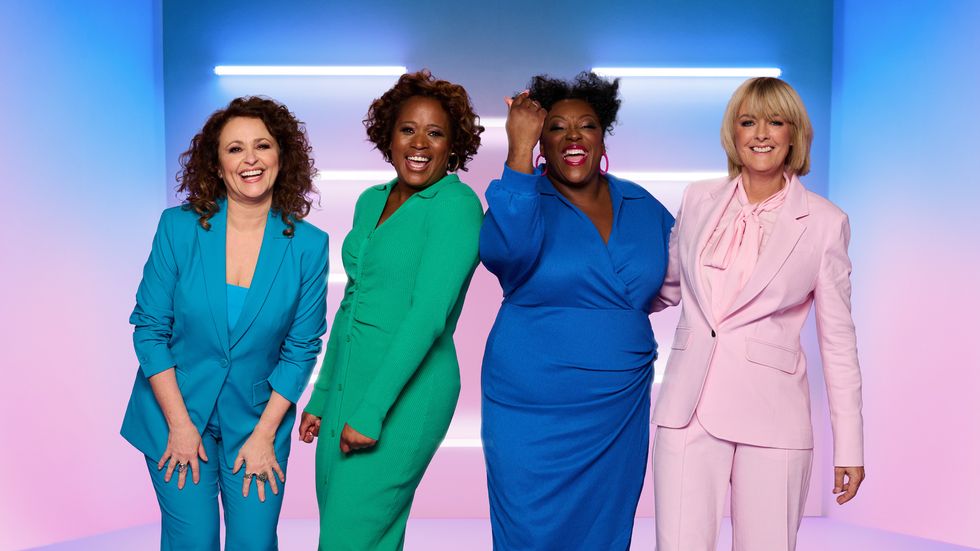
ITV Loose Women: Jane Moore (right) has been a mainstay in the cast for years
|ITV
Moore defended the programme's credentials, citing episodes where panellists challenged senior politicians, including then-Prime Minister Rishi Sunak and Sir Keir Starmer.
She quoted Janet Street-Porter's direct question to Sunak: "Why do you hate pensioners?" and recalled her own confrontation with Starmer over his Durham drinks during Covid lockdown.
LATEST DEVELOPMENTS:
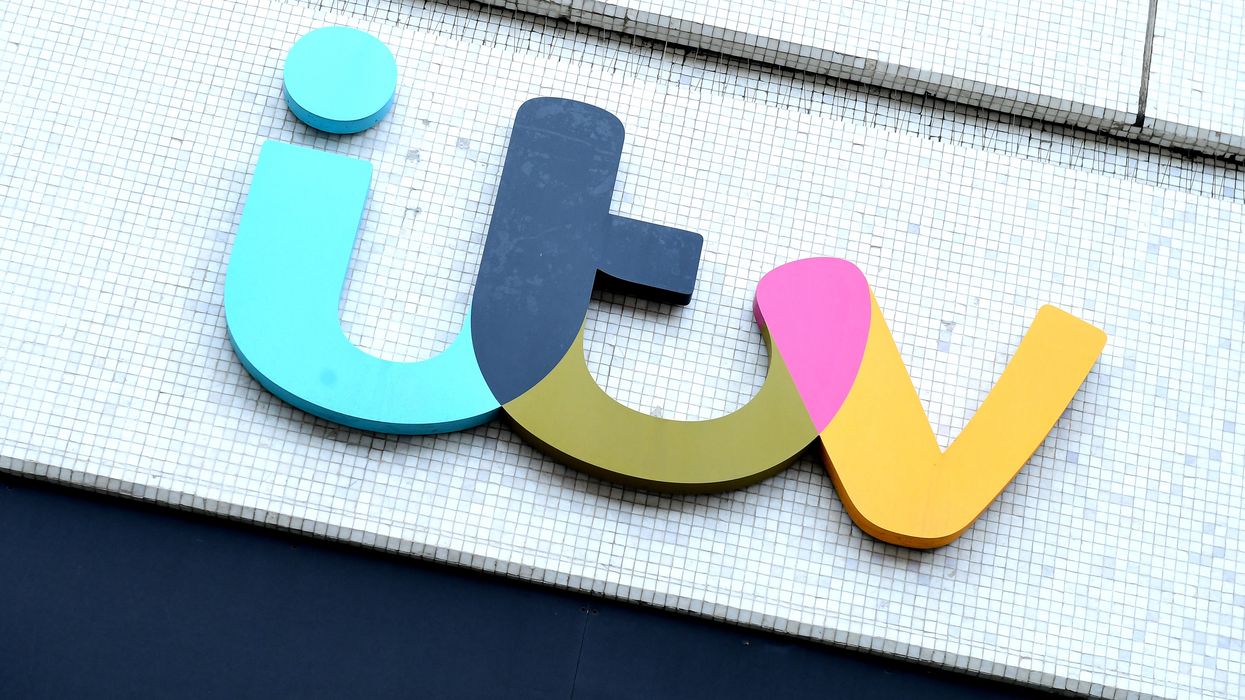
Writing in her column for The Sun, the presenter also highlighted Nigel Farage's admission that appearing on the show was "one of the scariest things I've ever done".
Moore emphasised that whilst the programme enjoys "a good laugh" discussing lighter topics like dishwasher stacking and wardrobe malfunctions, it consistently covers major news stories and important issues including miscarriage, postnatal depression, menopause, and breast cancer awareness.
She described the show as offering debate "through a female lens" and suggested critics who have problems with this approach should examine themselves, attributing such attitudes to "casual misogyny".
ITV announced sweeping cuts to its daytime programming last week, with Loose Women reduced to 30 weeks annually from 2026 alongside significant changes to other flagship shows.
Lorraine faces the most severe reductions, with Good Morning Britain taking over her 9-10am slot for 22 weeks of the year.
The Lorraine show has been slashed by 30 minutes, now running for just half an hour from 9:30am to 10am during its remaining 30-week schedule.
This means Friday stand-in presenters Ranvir Singh and Christine Lampard are no longer needed for the programme.
ITV sources indicated the cuts aim to free up resources for investment in drama programmes and sports coverage, including next year's football World Cup.
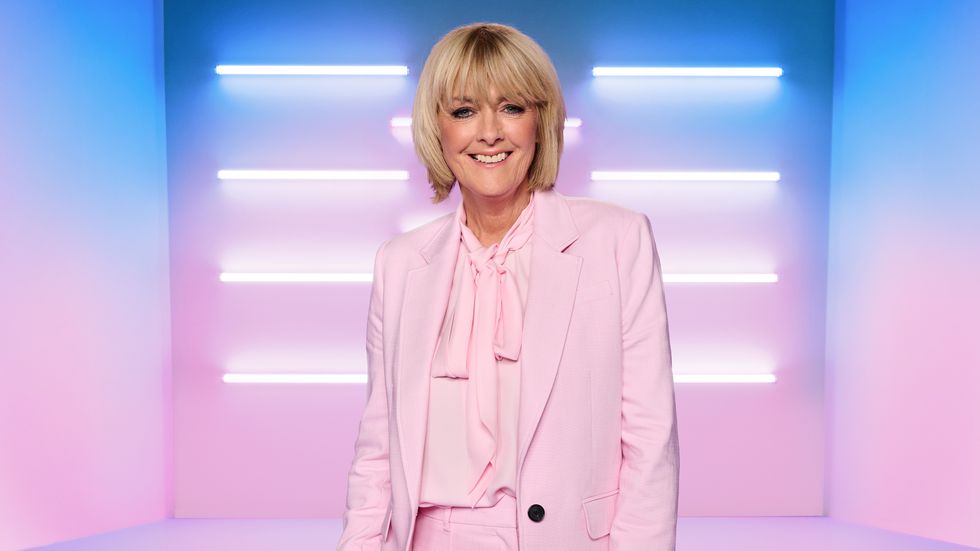
ITV Loose Women: Jane Moore regularly appears on the ITV show
|ITV
This Morning remains untouched by the scheduling changes, with over 220 job losses expected across the daytime division.
Moore expressed particular concern for the impact on behind-the-scenes staff, noting that "the dedicated staff behind the scenes, rather than the on-screen freelancers, who will bear the brunt of the job losses that come with both shows being cut back to term-time viewing only".
She acknowledged that "it's just one of those things that ITV has to make programme cuts for business reasons" but urged that the cuts should not be used as "yet another excuse to treat women's viewpoints as irrelevant".
The presenter emphasised the human cost of the scheduling changes, distinguishing between the impact on production staff and on-screen talent.
Fellow Loose Women presenter Kaye Adams showed her support for Moore's defence, responding with four clapping emojis when Moore shared her column on Instagram.
Social media followers also rallied behind the presenter's stance, with one commenting: "Well said Jane.
"Loose Women has never really got the recognition it deserves. And it's hard to avoid the conclusion that it's because it's fronted by women."
Another supporter agreed with Moore's assessment, writing: "Blame the owners of the media who see woman's rights and views as secondary."


